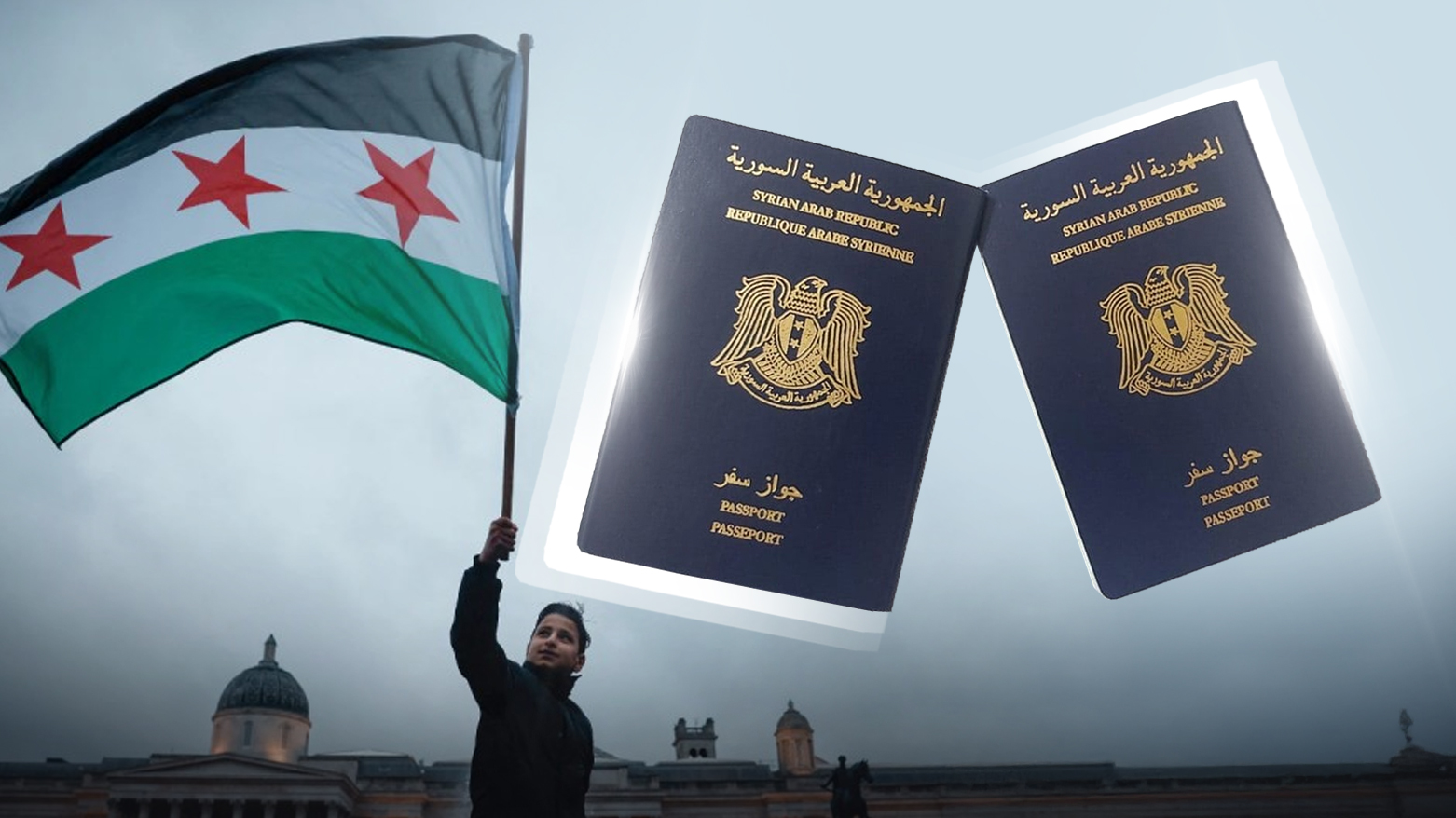New Syrian Passport System Sparks Hope and Skepticism among the Kurds
The Kurdish community remain cautious, questioning whether this reform represents a genuine shift or a continuation of past discriminatory policies under a different guise.

Jan. 28, 2025
ERBIL (Kurdistan24) – The Syrian transitional government on Monday unveiled a new system for issuing passports, aimed at improving and expediting passport issuing services for its citizens.
According to the Syrian News Agency (SANA), the Ministry of Interior’s Directorate of Immigration and Passports resumed operations after a temporary suspension, introducing enhancements to streamline the passport issuance process.
Walid Arabi, Director of the Immigration and Passports Department, stated that the initial focus is on processing expedited passport applications. He added that while the registration for regular passport applications is temporarily paused, it will resume soon providing broader service coverage.
“Priority is being given to individuals who have previously registered, excluding new applicants at this stage,” Arabi noted, emphasizing the Directorate’s commitment to resolving pending applications efficiently. He also confirmed that urgent passport requests are being prioritized for faster processing.
Arabi clarified that while the system has been updated, there are no changes to the design or security features of the passport itself. However, the validity period for passports has been extended to six years for all applicants without exception.
The announcement to resume passport issuance has drawn significant attention from various communities, including Kurdish population, who are closely monitoring whether the new administration will address longstanding grievances or perpetuate discriminatory practices.
Historical Context and Concerns
The Kurdish community in Syria recall decades of marginalization under previous regimes, with policies that rendered tens of thousands stateless. A 1962 census in Al-Hasakah province, in the northern Syria, also called (Rojava) by the Kurds stripped many Kurds of Syrian citizenship, designating them as “foreigners of Al-Hasakah” and relegating them to a precarious legal status.
By 2011, an estimated 346,242 Kurds were classified as “foreigners” or “holders of red cards,” unable to register marriages, births, or deaths, obtain passports, pursue higher education, or work in government institutions. This systemic exclusion severely restricted their mobility and opportunities.
In response to widespread protests in 2011, the Assad regime issued Legislative Decree 49, granting citizenship to some Kurds in an attempt to quell dissent. However, many Kurdish activists criticized the move as an insincere effort to win their support, noting that it failed to address deeper issues of systemic discrimination.
However, the new passport issuance system is welcomed as a potential step toward normalizing government services. Meanwhile, the Kurdish community remain cautious, questioning whether this reform represents a genuine shift or a continuation of past discriminatory policies under a different guise.
